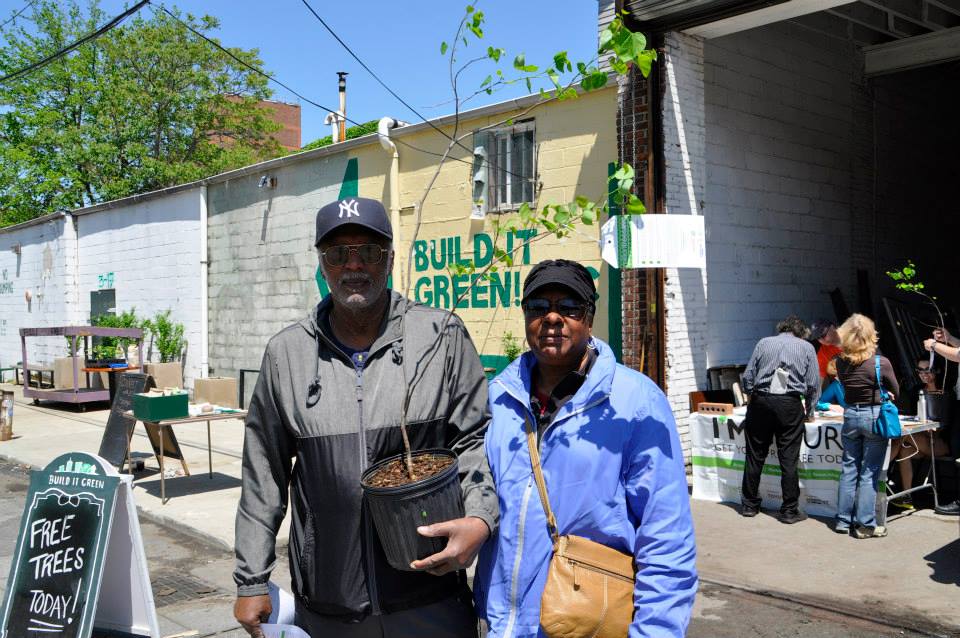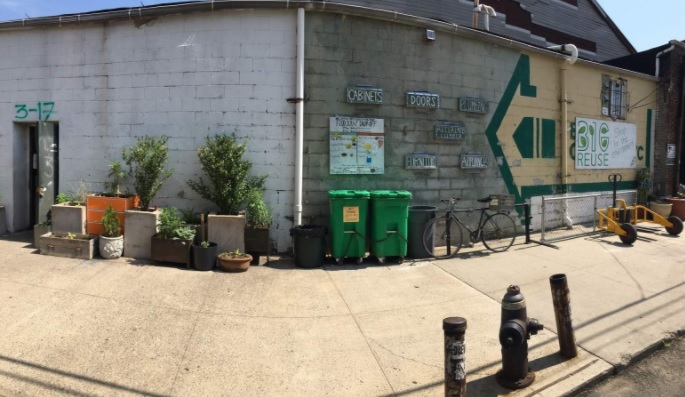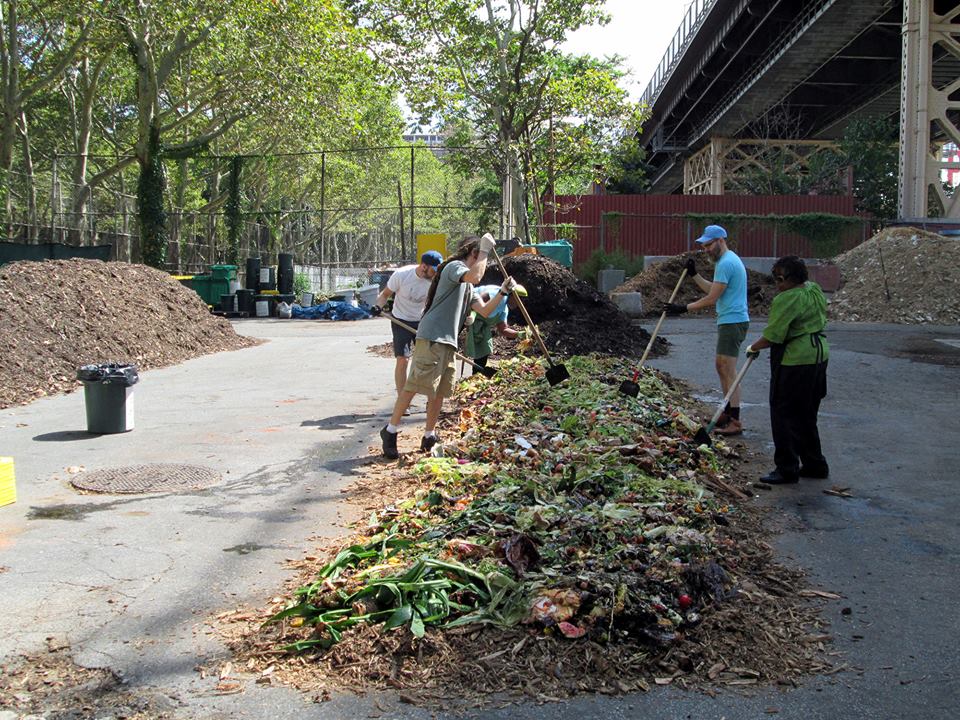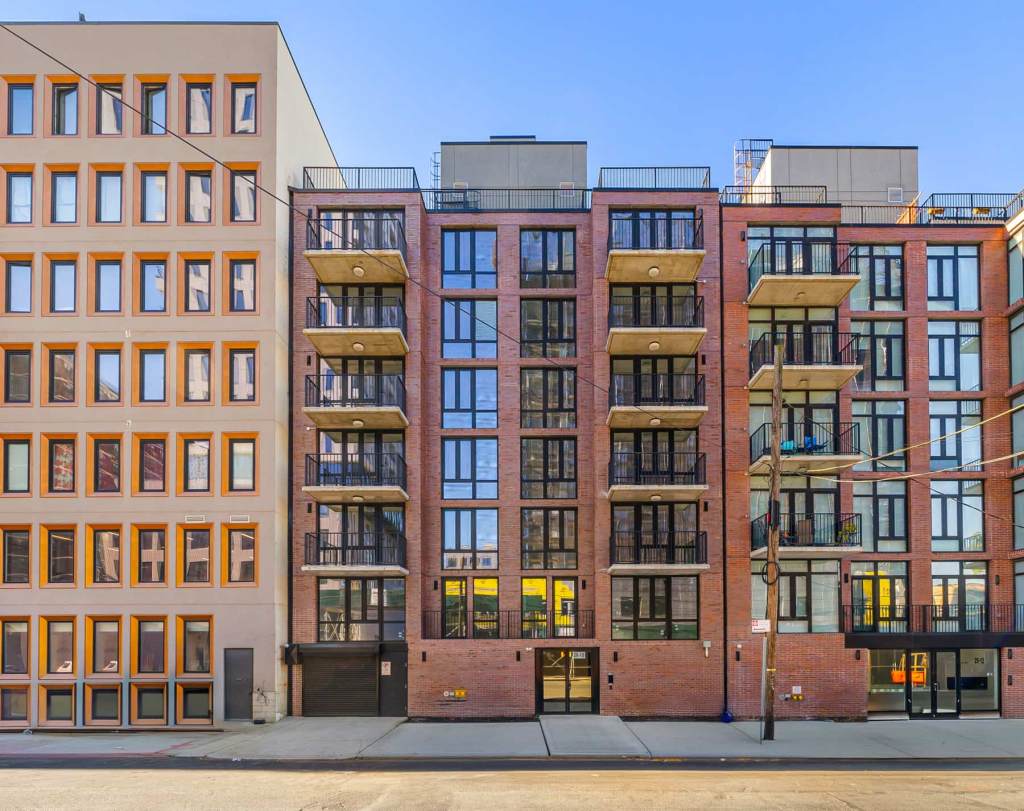Big Reuse, a nonprofit that sold recycled furniture and materials and taught Queens residents how to compost, will close its door on Nov. 30.
According to executive director Justin Green, the center’s landlord wanted to double the rent at their space at 03-17 26th Ave. in Astoria, which is not sustainable for the nonprofit. He announced the upcoming closure on the organization’s website on Oct. 26.
“Additionally, this neighborhood is undergoing so many changes,” Green said. “Every building around us is being demolished. There’s no parking on the street because there’s so much construction. This neighborhood is going to be under construction for the next five years, so it’s really hard to operate a business.”
The nonprofit diverts millions of pounds of construction waste from sites and sells back an eclectic mix of items such as lumber, doors, windows, refrigerators, kitchen cabinets and more at a cheaper price. Big Reuse also operates the city’s composting project. Residents collect food scraps that Big Reuse turns into soil for community gardens and other city greenery.
Green said the nonprofit is going to focus its energy on its Gowanus location but hopes to move back to Queens soon, preferably at a location that includes ample parking and access to public transportation.
“We’re looking forward to coming back to Queens as soon as possible,” he said.
Erycka De Jesus, an outreach coordinate for Big Reuse, said it’s unfortunate that the center is closing at a time when environmentally friendly organizations should be expanding.
“Salvage warehouses should be increasing, not decreasing with what we know about climate change and knowing that building materials make up the largest portion of our material waste,” she said.
She said that the company is “really proud of the work we’re doing” and made great strides in terms of diverting waste from landfills and encouraging Queens residents to channel their “inner sustainable-ist.”
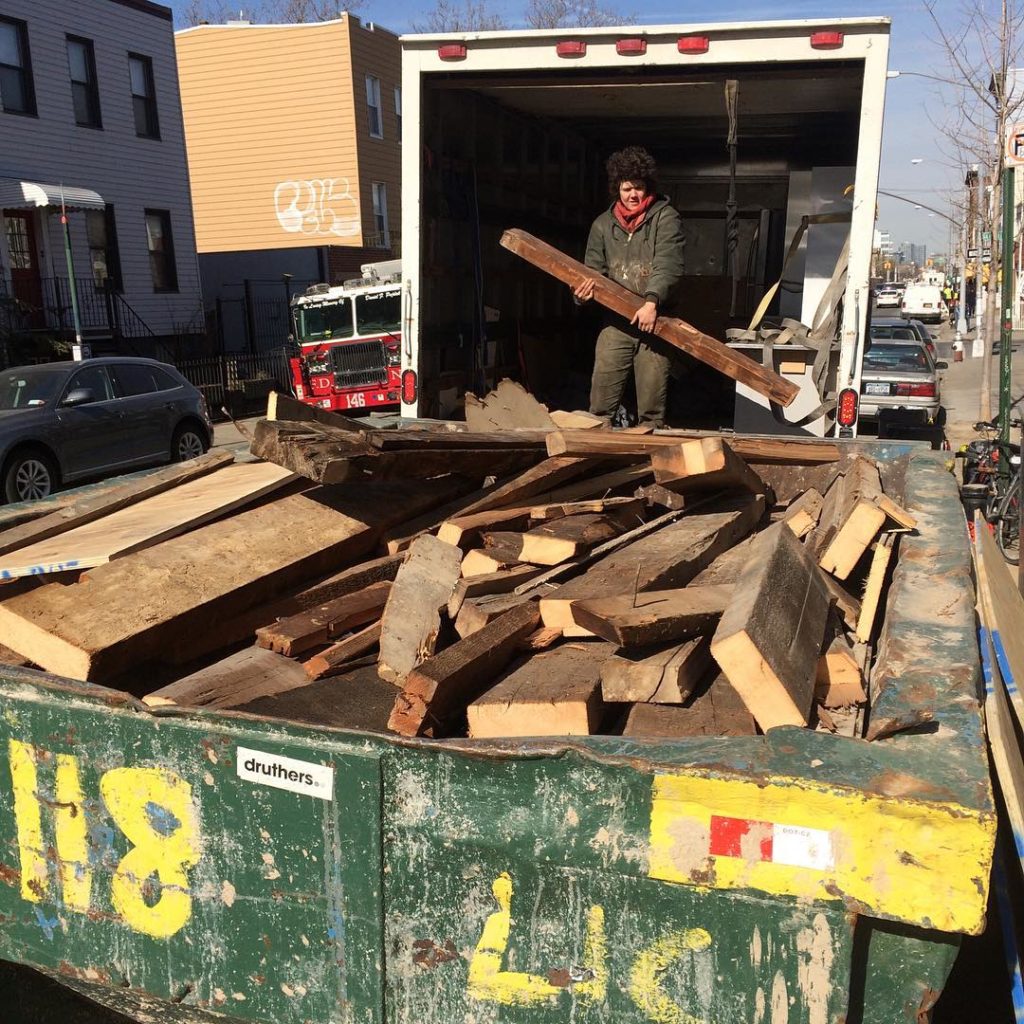
De Jesus, who lives in the Ravenswood Houses in Astoria, said that more people around the city should be demanding that places like Big Reuse continue to exist despite rapid gentrification.
“Organizations like ours and City Harvest and I’m sure many other nonprofits have really come to a place where they have to decide whether they can function anymore,” she said. “We also recognize that until mostly everyone can understand the inherent value in what we’re doing, we’re going to continue to struggle to explain why our work matters, why it should be supported and why there should be a salvage warehouse in every borough.”
Big Reuse is currently selling all of its items at 50 percent off. Though many people have stopped in to purchase materials and furniture, Green said they would like to get rid of more before officially moving to their Gowanus location.
The Gowanus location is about half the size of the Queens location and the organization will be operating at about half capacity in Brooklyn, De Jesus said.
“Queens is the first [location that Big Reuse opened] and seeing it come to an end is not even bittersweet,” De Jesus said. “It’s just bitter all the way.”
